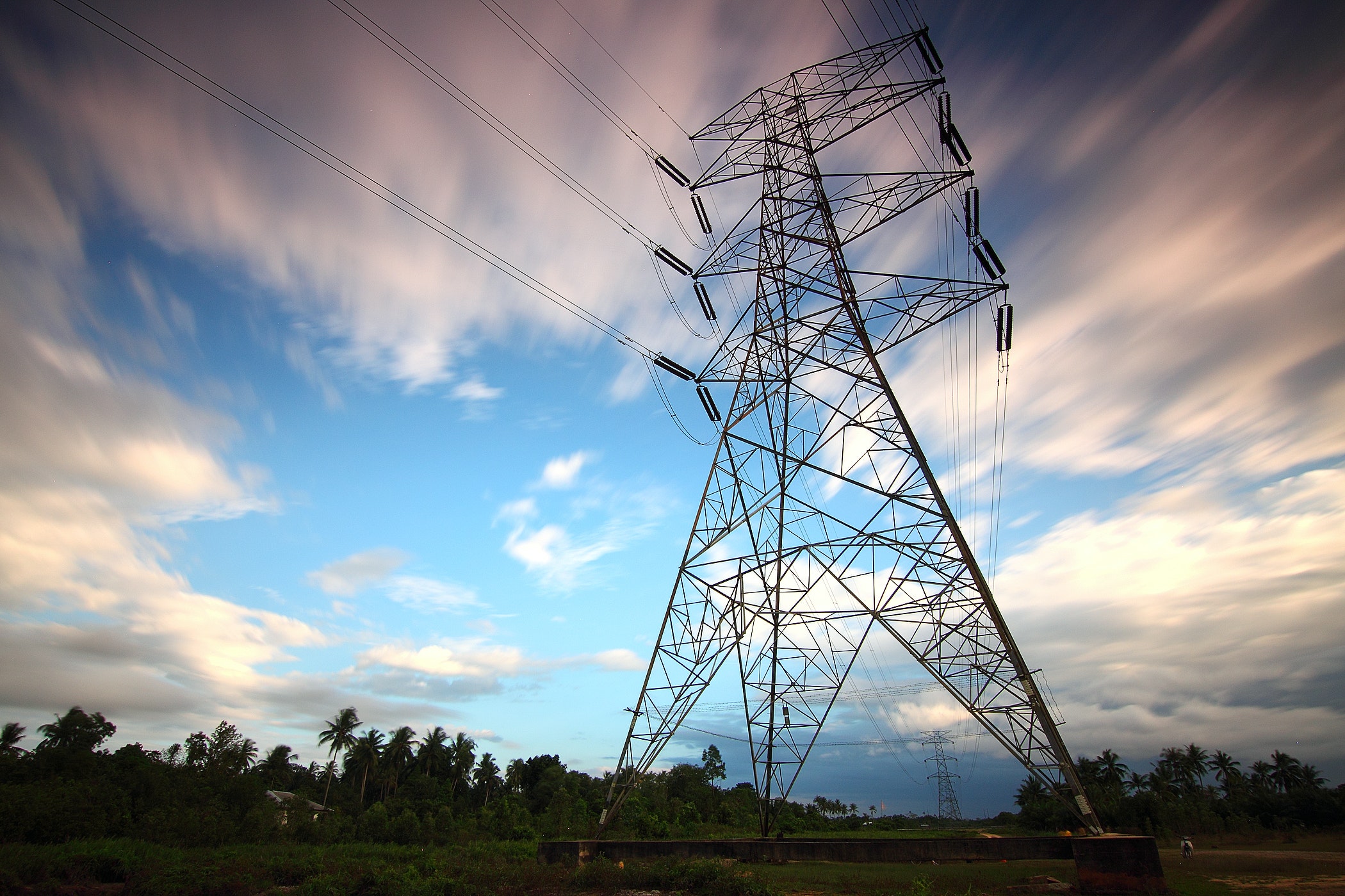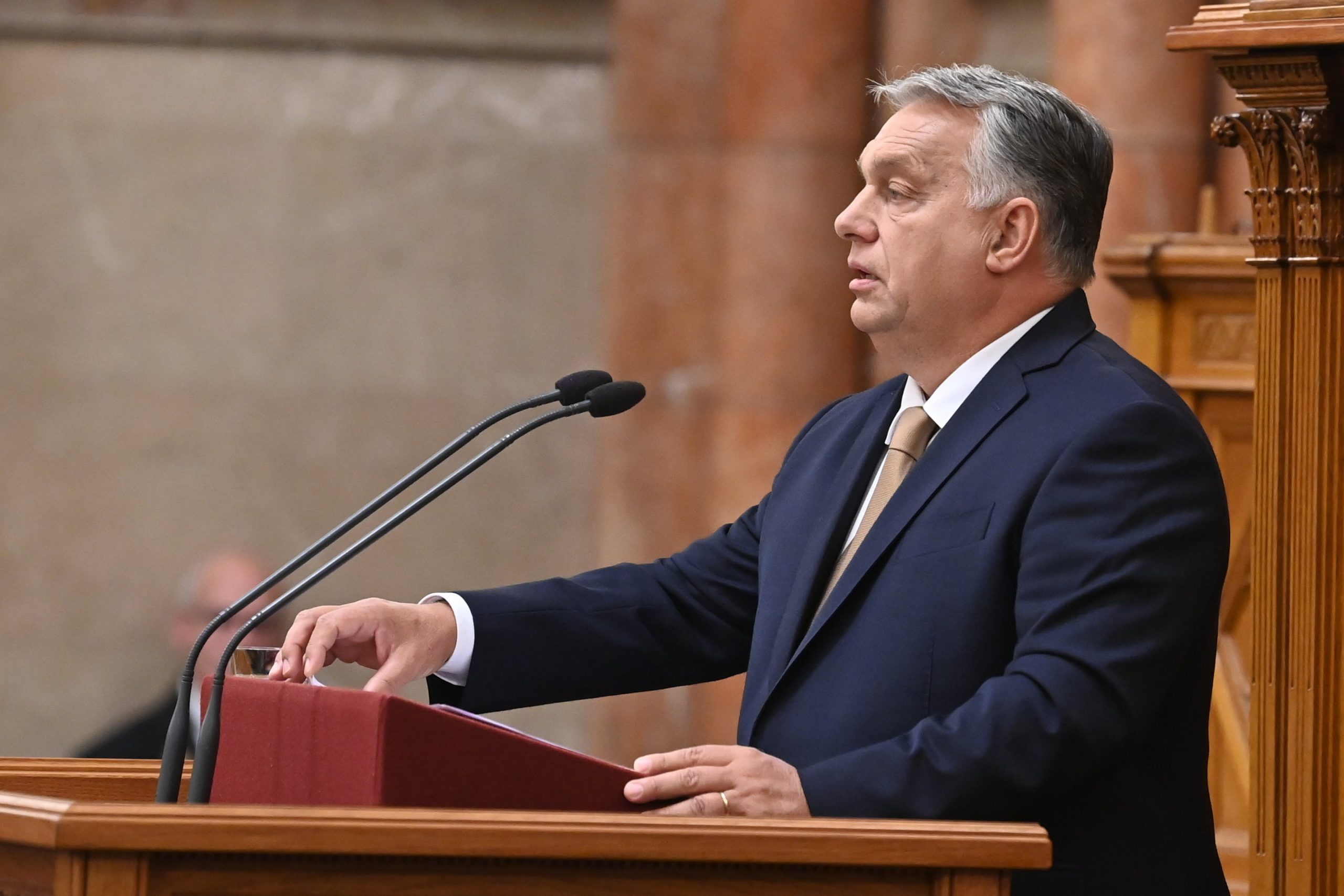
A hard winter is coming with numerous demonstrations expected in European countries because of soaring prices.Continue reading

Hungarian Prime Minister Viktor Orbán addressed the Hungarian Parliament on Monday, where he discussed EU sanctions, the energy and economic situation, the Russian-Ukrainian war, and the ongoing debate with the European Union.
The Hungarian government will be the first in Europe to ask the people about sanctions against Russia, Prime Minister Viktor Orbán told Parliament on Monday. He added that the sanctions were not democratically adopted, but decided by Brussels bureaucrats and the European elite, emphasizing that the people were not consulted on the fact that it is European citizens who pay the price. In Hungary, the cabinet is now seeking answers from the people in a national consultation on whether they agree with the sanctions and whether they would support more.
In his address, Orbán indicated that if people were allowed to vote on sanctions, the outcome may not be the same as the decisions made by the European Union so far. This assumption is reflected in several opinion polls conducted in European countries in recent months.
In September, the Austrian website Exxpress.at reported that a survey carried out by INSA showed that the majority of Austrians want the sanctions to end. Only 35% are still in favor of maintaining sanctions. According to the portal, the sanctions were decided in Brussels, but in the meantime energy prices have skyrocketed and there are problems in supply chains, which has led many Austrians to take a negative view of these measures.
The situation is similar in Germany, where INSA also conducted a poll earlier this summer.
It showed that almost half of Germans, 47%, think that sanctions are more damaging to Germany than to Russia.
The survey found that 74 percent of Germans see an economic downturn coming and that unemployment will rise in their country.
YouGov also published a survey a few weeks ago, which looked at the crisis in livelihoods in four of Europe’s biggest countries: France, Germany, Poland, and the UK. It found that only one in twenty people in France and Poland said that they could cope with rising prices, compared with one in five in Germany and the UK. One in five people in the UK, France, and Poland said they were using their savings to pay bills, and one in ten said they were skipping a meal.
The Hungarian Prime Minister expects the Russian-Ukrainian war to drag on, saying that Europe’s countries have recently been hit by serious and shocking changes, with a drastic increase in energy prices, the global economy is threatened with a downturn, and the European economy is at risk of collapse, and “what is happening around us is now determining our lives even more than usual.”
He assessed that step by step more and more of the world is becoming a victim of the war. Orbán stressed that Hungary’s position differs from the majority Western position, as “today the West is on the side of war and Hungary is on the side of peace, we demand an immediate ceasefire and peace negotiations instead of continuing and deepening the war.”
Orbán said that two years ago there was an economic downturn caused by the Covid-19 pandemic, and now the economic problems are caused by the response to the Russian-Ukrainian war, i.e. the war sanctions and the resulting many-fold increase in energy prices. These harsh energy prices are not triggered by economic processes, and “it is not the economy but politics, and more precisely political decisions in Brussels, that are responsible for the drastic increase in energy prices,” he said.
He noted that sanctions should always be imposed on economic actors “where we are stronger than the person we want to sanction,” and in the field of energy “we are dwarfs and Russia is a giant.” The Prime Minister said that this was the first time he had seen “a dwarf imposing sanctions on a giant.”
The Hungarian Prime Minister also said that when ‘these sanctions were imposed on Europe in Brussels at the beginning of the summer,’ the Brussels bureaucrats promised that these sanctions would hurt Russia, not the people of Europe. Since then, it has become clear that the sanctions imposed are also causing huge damage to Europe, and since the start of the war, Russia has earned €158 billion from increased energy exports, he pointed out.
Orbán stressed that if this continues, “the whole of Europe will be devastated.” There are more and more angry people in Europe, and the bureaucrats in Brussels must understand that it is irresponsible to gamble with the fate of entire economies and millions of people.
He noted that it is no wonder that angry people who feel cheated are replacing one government after another in countries that support sanctions. “Kudos to Italy,” he added.
On Hungary’s energy supply, Orbán said that there was enough gas, electricity, and oil. The amount stored in gas reservoirs covers 41 percent of the country’s annual consumption, and additional supplies have been agreed on with Russia.
However, as Hungary imports 85 percent of its gas needs, it has no significant influence on prices, so consumption must be reduced, he said, calling on the state, state-owned companies, institutions, families, and businesses to reduce consumption. Orbán said that natural gas accounts for 35 percent of Hungary’s energy consumption, which will be reduced to 31 percent by the end of 2023, and below 30 percent by 2025.
The Hungarian Prime Minister went on to say that the government would help families with six measures: reduced prices for household utility bills, a firewood program, a brown coal program, a freeze on petrol prices, food prices, and interest rates. Orbán also pointed out that the government has announced a HUF 200 billion program for small and medium-sized enterprises in the production and energy-intensive sectors, a factory rescue program, and if necessary, a new action plan for job protection.
He said that there are currently 9,400 billion forints of investment in the country, which are being carried out, but that no new public investment is being launched because of the uncertain economic situation, because there is no guarantee that it can be completed.
He said that the government will not give up its national strategic goals in the next two years of crisis management, and will continue with its family support programs, the development of the development-based economy, the university development program and the national unification program, among others.
He promised that family support will be further broadened and that the final form of the 2023 budget will be drawn up in early December, including new family support measures.
Orbán confirmed that despite the ongoing disputes with Brussels, Hungary still envisages its future as a member of the European Union. The Hungarian nation of Europe is as important a nuance in the EU as any other Member State, and the EU will only be strong if it respects all its nuances, he said. He added that “we are a proud nation,” aware that it has always given more to the world than it has received from it.
Featured photo via MTI/Máthé Zoltán